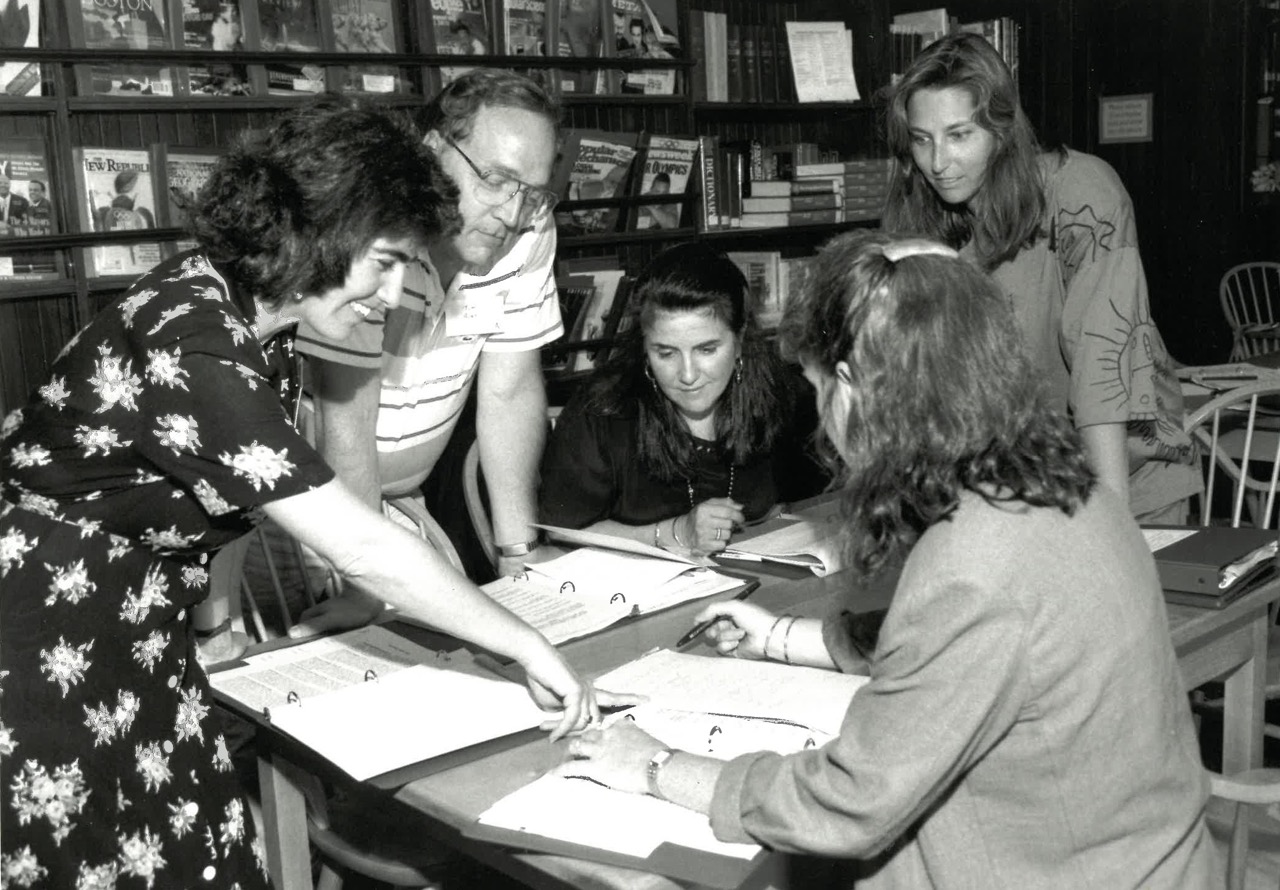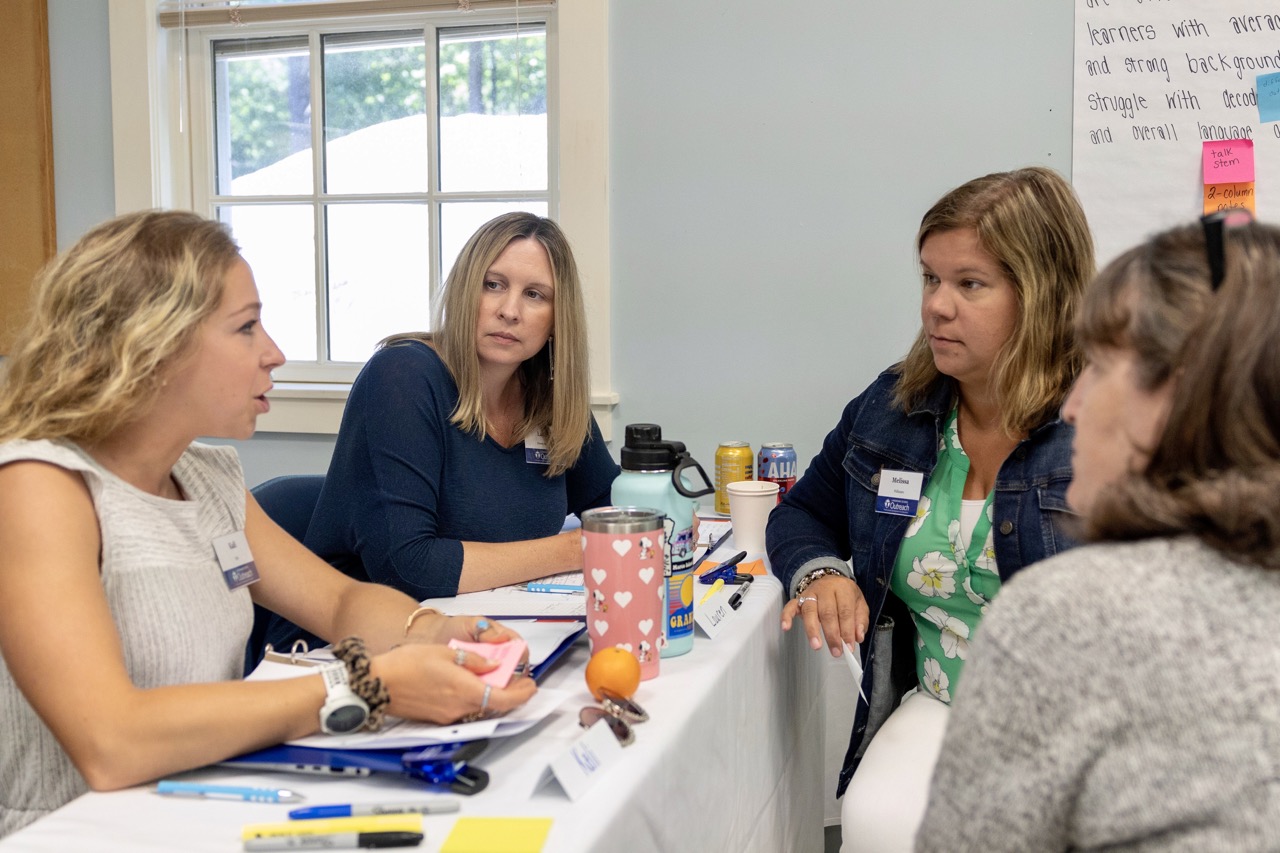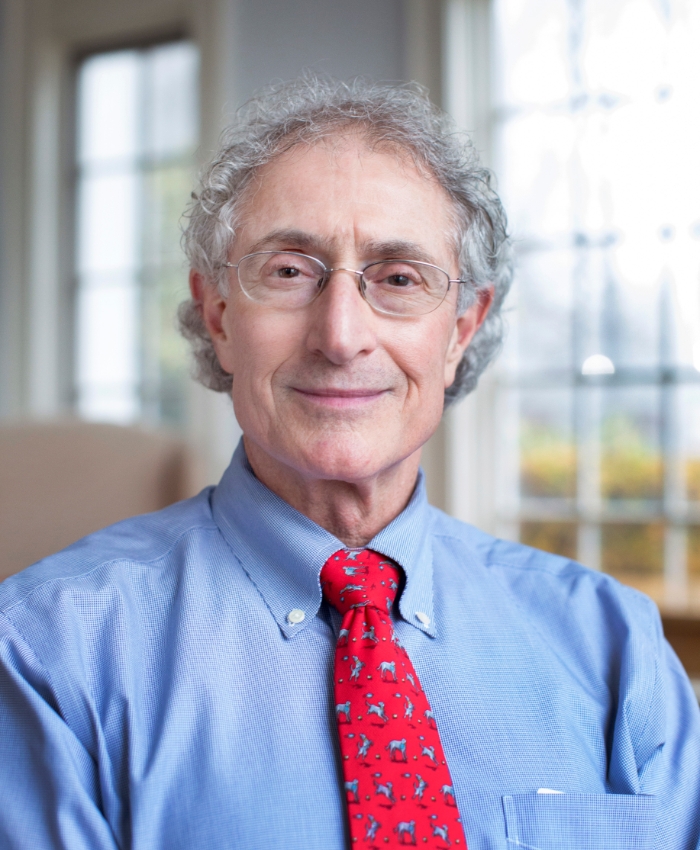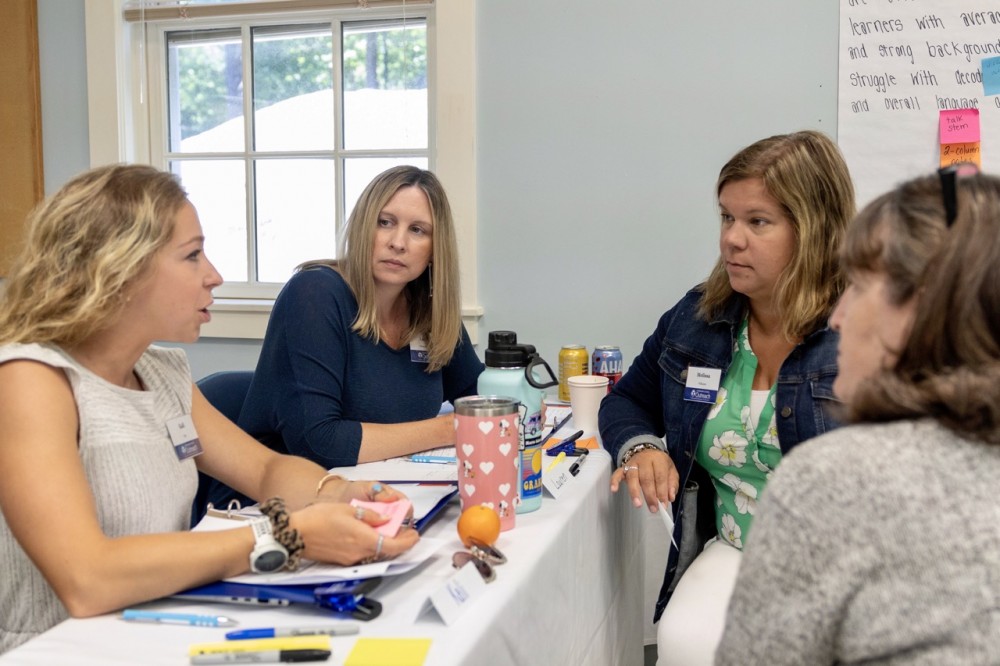- Our School
- Our Advantage
- Admission
- Elementary•Middle School
- High School
- Summer
- Giving
- Parent Resources
- For Educators
- Alumni
« Back
Landmark's Founding Principles: Part Two
December 13th, 2022
Sharing What We Know
Landmark’s Founding principles became well integrated into all of the school’s programs soon after it’s founding in 1971 and continued to be refined based on experience and research. The tremendous social/emotional and academic growth of our students of all ages validated these strategies. Students were being met where they were in the learning process, the course of their lives was changing, and Landmark continued to grow.

The Birth of Landmark's Outreach Program
Discussions began to arise regarding students with dyslexia and other language-based learning disabilities beyond our walls who were not able to attend Landmark and were not finding success in their schools. Yet, initial goals of sharing Landmark's teaching principles were most often met with skepticism from outside educators and organizations, and their primary concerns focused on Landmark’s model of one-to-one customized tutorials, small skills-based classes, and the academic advisory system, none of which could be duplicated in traditional schools. Per this viewpoint, Landmark’s non-transferable structural “model” was making the difference for our students, not our teaching approach and principles.
Meeting the Need
The great need for support and alternative teaching approaches within public schools was heightened by the passage in 1972 of MA Chapter 766, the first comprehensive special education law in the country, which also set the framework for Federal Public Law 94-142. These laws were passed with the well-intentioned purpose of recognizing learning disabilities and helping greater numbers of students who were struggling to learn; however, no programs, guidelines, or training for implementation were created.

Diagnostic-Prescriptive Approach
Through discussions with public school officials in Beverly, Brookline, Somerville, Watertown, and other cities in Massachusetts we learned what we could offer to help reach more students. What resonated beyond Landmark's individualized teaching model was the broader concept of our diagnostic-prescriptive, medical problem-solving teaching approach that focused on identifying students’ strengths and challenges in the learning process, brainstorming solutions and strategies, and integrating skill development into every classroom to help students access content. It was understood that this teaching approach could be duplicated and that skill development introduced to help struggling students would be beneficial to every student. The founding principles were finding some open doors!
Partnering With Schools and Educators Near and Far
Landmark’s Teacher Education Program (T.E.P.), now Landmark School Outreach Program, was underwritten the first year by the school, and then funded by Massachusetts Commonwealth In-Service and Technical Assistance Grants, allowing access to myriad public elementary, middle, and high schools. We were able to partner with teachers to help them better diagnose areas of challenge for their students and collaborate with our teams to identify and then implement solutions. This generally focused on structured language and learning skills (Landmark’s founding principles). Teaching skills, not content, as the primary focus, allowed students to access the content, and the teachers felt empowered and successful. Today, Landmark’s wide-ranging Outreach partnerships in schools around the country, online graduate courses, workshops, seminars, and Summer Institute continue to make a difference for thousands of educators and students by sharing principles that work.
Landmark's Founding Principles Series
Part One: A Mission With a School
Part Two: Sharing What We Know
Part Three: Problem-Solving To Meet Student Needs
About the Author
Bob Broudo is a leader in the field of language-based learning disabilities (LBLD). He was one of the founding faculty members and then Head of School for 32 years of Landmark School, which specializes in serving students with dyslexia and other LBLD. Bob received his undergraduate degree from Bates College and his Master's degree from Boston University in Psycho-educational Training. Bob sits on several national and local non-profit and advisory boards.

Posted in the category Teaching.






















